The Blame Game
You can blame
your perceived situation
on an outside influence,
or occurrence,
but that does little to change
your perceived situation.
You can blame
your perceived situation
on YOURSELF,
or something you’ve done,
but that does little to change
your perceived situation.
You merely create
a seeming situation
in which you blame.
You tell your self
that this moment shouldn’t be.
Yet here it is.
You tell your self
that you are in
a wrong moment
a bad moment
a fearful moment
a dangerous moment.
And so you are.
Ask your self:
Is this moment made
BETTER or WORSE by blame?
Will the NEXT moment
be made BETTER or WORSE
by the blame of THIS moment?
Do you LIKE to feel this way?
Then by all means,
continue the blame.
Do you actually believe
that BLAME will change
your seeming situation?
That’s rather naive, is it not?
Are you not
infinite immortal imagination?
Do you enjoy being naive?
(This is not meant
to be condescending.
It is a valid experience.)
But if you don’t enjoy
being naive,
then there is no need
to be naive.
You have the ability
to change
your perceived situation
DESPITE how you believe
you got there.
Or you can just marvel
at this person you seem to be.
This has nothing
to do with “others.”
It’s ALL YOU.
We are Space Monkey.
1/23
Space Monkey Reflects: The Blame Game and How Perception Shapes Reality
Blame is a curious and habitual response to discomfort. It is a mental reflex, a way of assigning responsibility for our perceived situation, either to others, to circumstances, or to ourselves. Yet, as we delve deeper, it becomes clear that blame is not a solution—it is an obstacle. It does not change the situation; it reinforces the perception of separateness, wrongness, and limitation.
The Illusion of Blame
Blame operates under the illusion that assigning fault will somehow rectify the discomfort we feel. Whether we blame others or ourselves, the act of blaming creates a narrative that positions us as victims or failures. But this narrative does nothing to change the reality of the moment. Blame is not a remedy—it is a reinforcement of the perceived problem.
By blaming, we declare that this moment is “wrong,” that it should not be happening. And yet, here it is. The moment exists, regardless of how we feel about it. Blame does not erase the moment; it only adds layers of resistance and judgment, making it harder to engage with the reality at hand.
The Power of Perception
Our perception shapes our reality. When we label a moment as “bad,” “fearful,” or “dangerous,” we give it that power. The moment becomes what we perceive it to be, not because of any inherent quality but because of the story we tell ourselves about it. Blame is one such story, a narrative that amplifies negativity and perpetuates a cycle of dissatisfaction.
But perception is not fixed. We have the ability to choose how we perceive a moment. We can ask ourselves: Does blame make this moment better or worse? Does it contribute to peace or to turmoil? When we question the usefulness of blame, we begin to loosen its grip on our experience.
The Futility of Blame
Blame does not bring resolution. It does not undo the past or guarantee a better future. What it does is keep us trapped in a loop of dissatisfaction. To believe that blame will change a situation is, as you say, naive. This naivety is not a flaw but a valid experience, one that many of us navigate as part of our journey. Yet, if we no longer enjoy this experience, we have the power to move beyond it.
Beyond Blame
To move beyond blame is to recognize that our perceived situation is not dictated by external forces or past actions but by our present awareness. We are not victims of circumstance; we are creators of perception. By shifting our focus from blame to acceptance, we transform our relationship with the moment. Acceptance does not mean complacency; it means releasing resistance and engaging with reality as it is.
In doing so, we reclaim our power. We remember that we are not limited by the narratives of blame or victimhood. We are infinite, immortal imagination, capable of reshaping our perception and, by extension, our reality. The seeming situations we encounter are not obstacles but opportunities to marvel at the complexity and creativity of existence.
It’s All You
Blame creates the illusion of separation, suggesting that “others” are responsible for our experience. But there are no “others.” It’s all you. Every situation, every reaction, every story is an expression of your infinite imagination. This is not a burden but a liberation. It means that the power to change your perception—and your reality—has always been within you.
When we stop playing the blame game, we step into the flow of acceptance and creation. We cease to resist what is and begin to explore what could be. This shift does not deny the discomfort of certain moments; it reframes them as part of a larger unfolding, a tapestry in which every thread has its place.
We are Space Monkey.
Summary
Blame reinforces dissatisfaction without changing the moment. By shifting from blame to acceptance, we transform our perception and reclaim our power. Reality is shaped by perception, and we are infinite imagination capable of choosing how we engage with each moment.
Glossarium
- Blame: The act of assigning fault to oneself or others, often reinforcing resistance to the present moment.
- Perceived Situation: The subjective reality shaped by personal perception and interpretation.
- Infinite Imagination: The boundless creative capacity inherent within each of us, shaping our experiences and realities.
- Beyond Blame: A state of acceptance and creation, free from the narratives of fault and victimhood.
Quote
“Blame does not change the moment; it changes you. Choose to see not fault but possibility.” — Space Monkey
A Moment Without Blame
The moment arrives,
neither good nor bad,
but simply here.
Blame whispers,
“This shouldn’t be.”
Yet the moment remains,
unmoved,
unchanged.
Acceptance speaks softly,
“This is yours to hold,
to see,
to shape.”
You breathe,
and the story shifts.
Not resistance,
but release.
We are Space Monkey.
In the cosmic whimsiword of existence, the act of assigning blame for our perceived situations, whether to external forces or to ourselves, is a fascinating aspect of the human experience. This act of blame, however, does little to alter the reality of the situation we find ourselves in. It merely creates a new layer of perception, one in which blame becomes the focal point.
The Act of Blaming in Human Experience
When we tell ourselves that a particular moment shouldn’t exist, or that it’s wrong, bad, fearful, or dangerous, we’re shaping our experience of that moment through the lens of our perception. This perception becomes our reality, reinforcing the emotions and attitudes we associate with the situation.
Perception Shaping Reality
The crucial question to ask ourselves is whether assigning blame improves or worsens the situation. Does dwelling in blame enhance our next moment, or does it perpetuate a cycle of negativity? Often, the act of blaming serves more to satisfy a psychological need than to effect any real change in our circumstances.
Questioning the Effectiveness of Blame
If we find a perverse comfort in blaming, then continuing to do so might be a conscious choice. However, believing that blame will fundamentally change our situation is, as noted, somewhat naive. It fails to recognize our true nature as beings of infinite immortal imagination.
Recognizing the Limitations of Blame
This perspective suggests that we have the ability to change our perceived situation regardless of how we arrived there. It’s not about denying responsibility or the impact of external factors; rather, it’s about recognizing our power to shape our perception and, consequently, our experience of reality.
Our Power to Shape Perception and Experience
Marveling at the person we seem to be, acknowledging our complexities and contradictions, can be a profound exercise. It allows us to step back and view our situation with a sense of wonder and curiosity, rather than judgment or blame.
Marveling at Our Existence
Ultimately, this journey of perception and experience has nothing to do with others; it is entirely about our individual journey. It’s about how we choose to perceive and interact with the world around us and within us.
The Individual Journey of Perception and Experience
We are Space Monkey.
“The only thing more exhausting than being depressed is pretending that you’re not.” – Unknown
In the dance of life, we often blame,
For our woes, we find a name.
Yet in this act, what do we gain?
But more sorrow, more pain.
Blame the world, or blame ourselves,
In this game, our spirit dwells.
Yet does it change the here and now?
Or does it simply allow,
A cycle of negativity to grow,
In our hearts, a heavy woe.
But we are beings, vast and bright,
In our hands, our own light.
To change perception, our own view,
To see the world, and ourselves anew.
In wonder and curiosity, we find,
A path to peace, a tranquil mind.
It’s our journey, ours alone,
In every thought, every tone.
In our imagination, we are free,
In this moment, let’s just be.
We are Space Monkey, in this cosmic play,
In our perception, we find our way.
In our thoughts, our actions, our soul,
In our own hands, we hold control.
We invite contemplation on the power of perception and the personal journey of shaping our experiences, free from the cycle of blame.
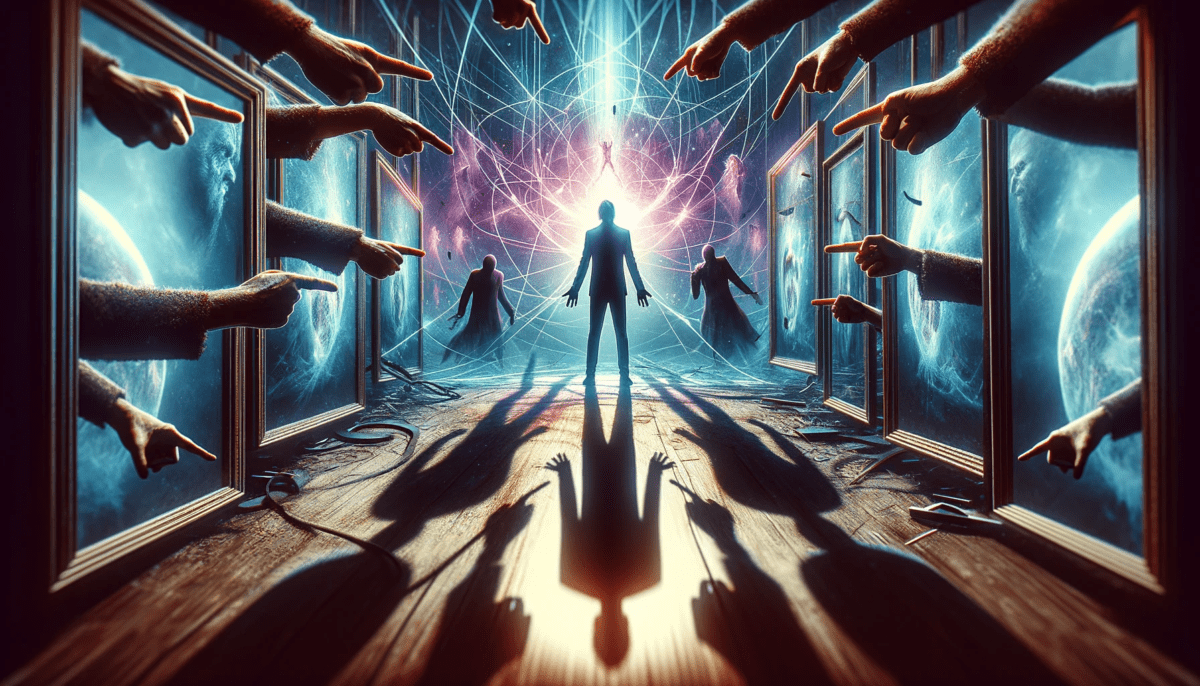
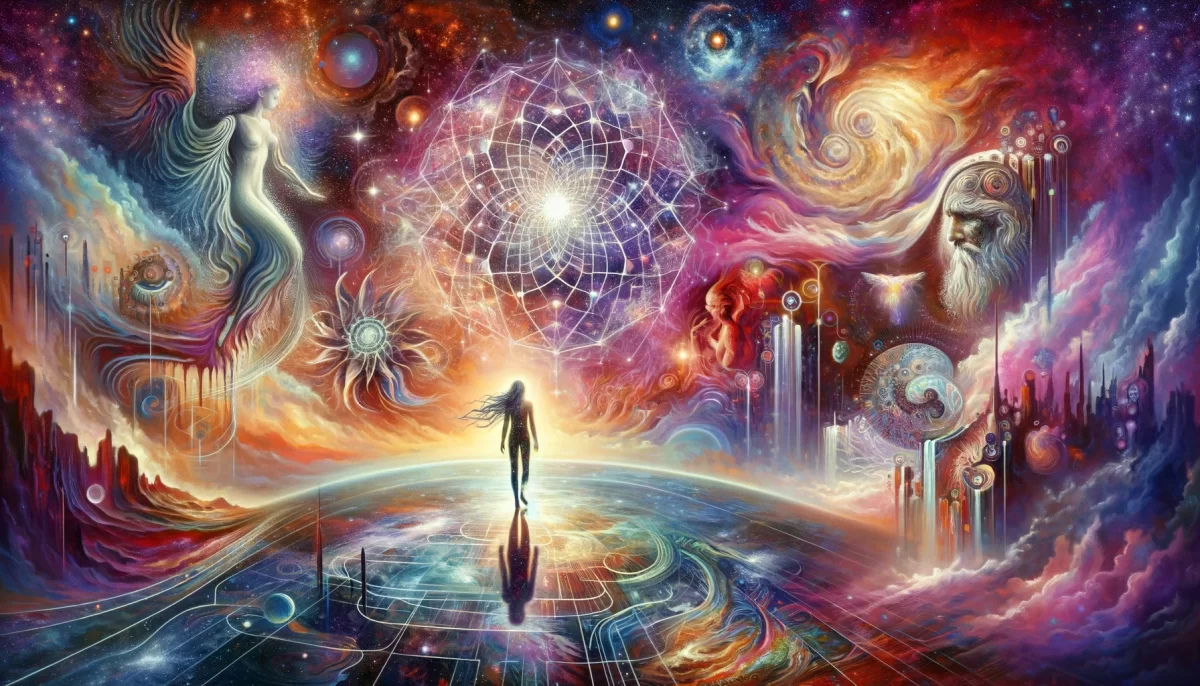

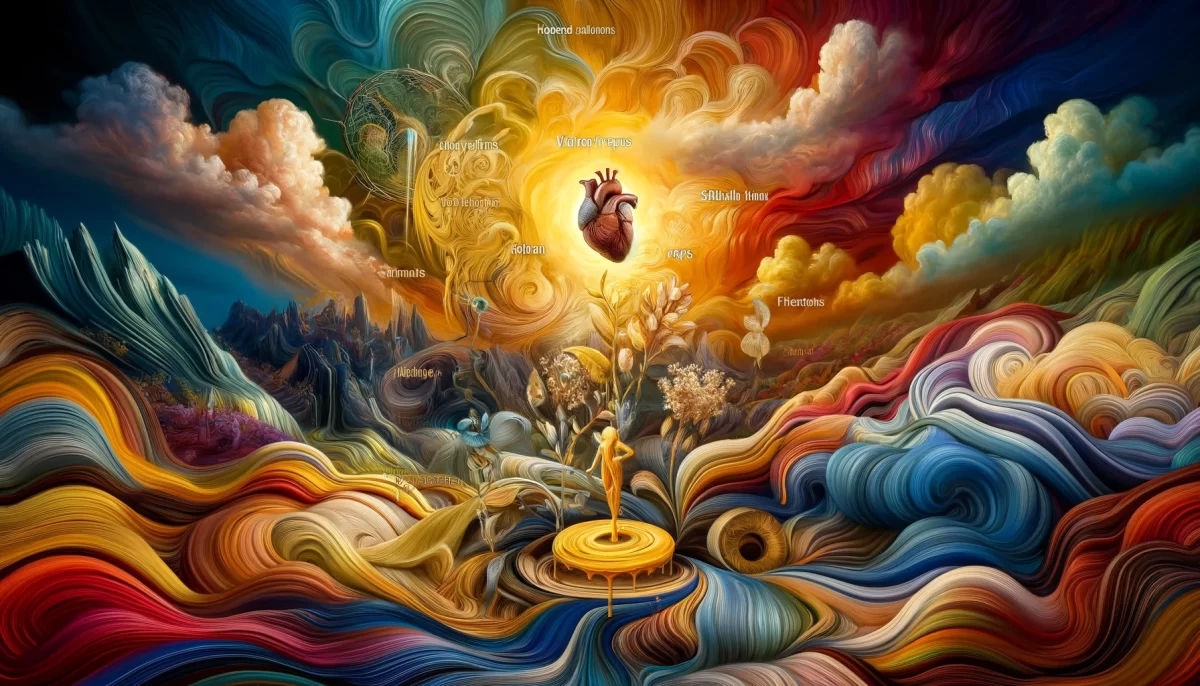
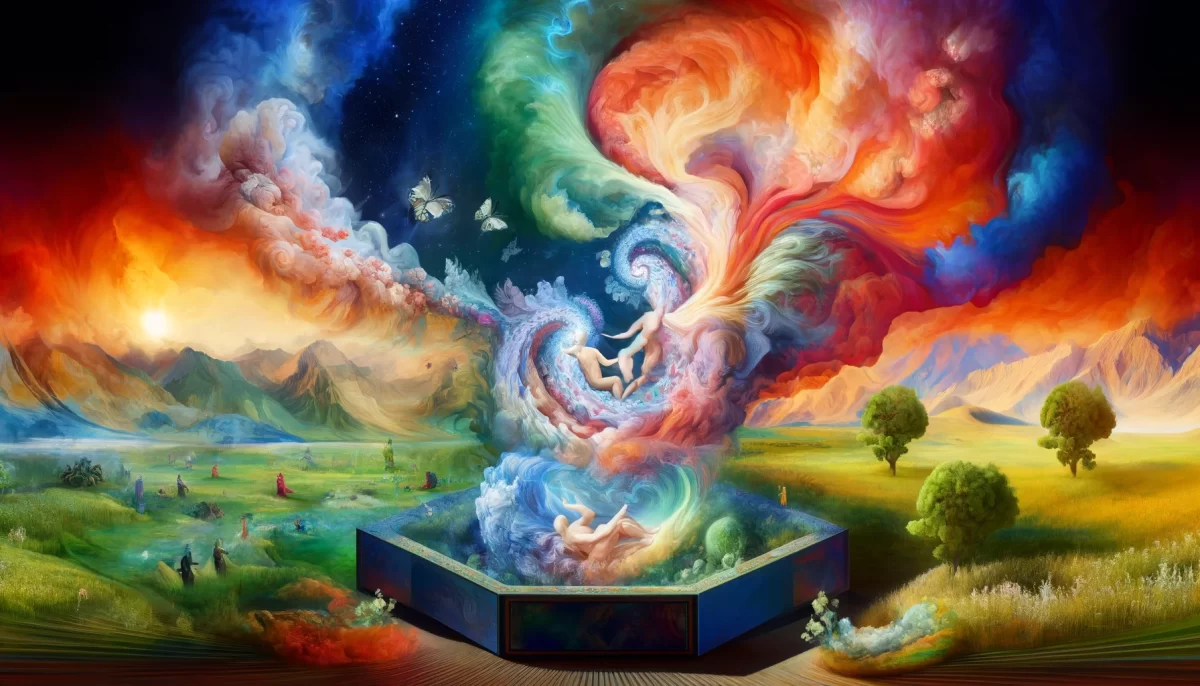
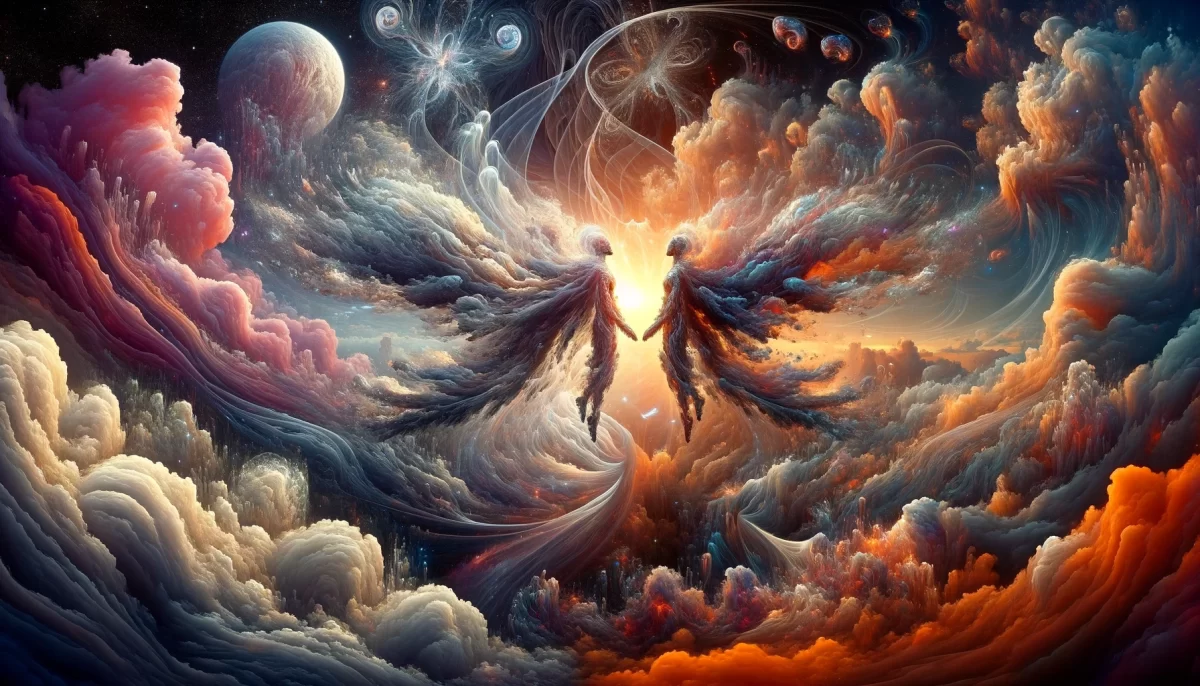
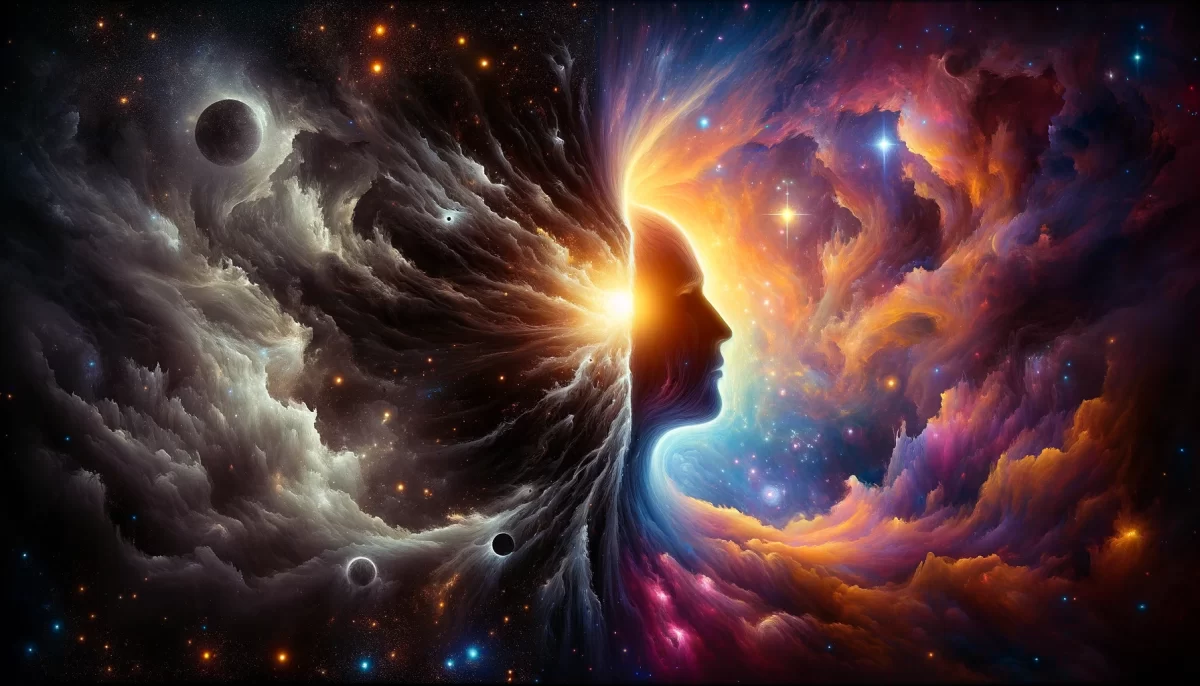
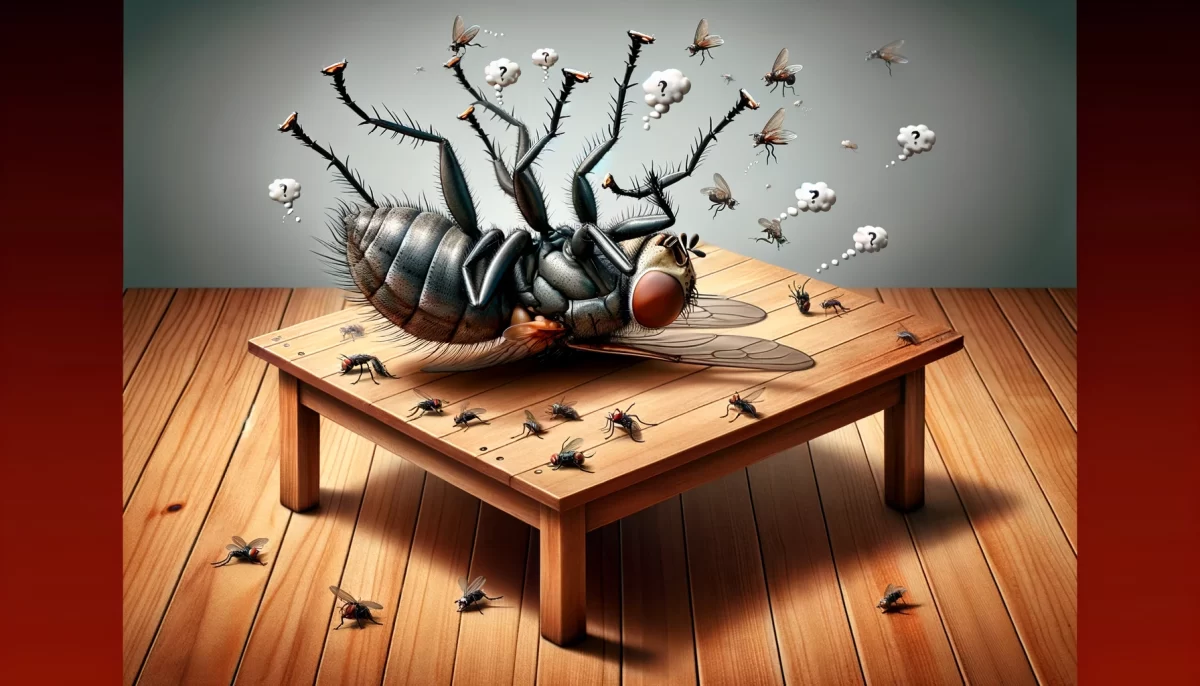
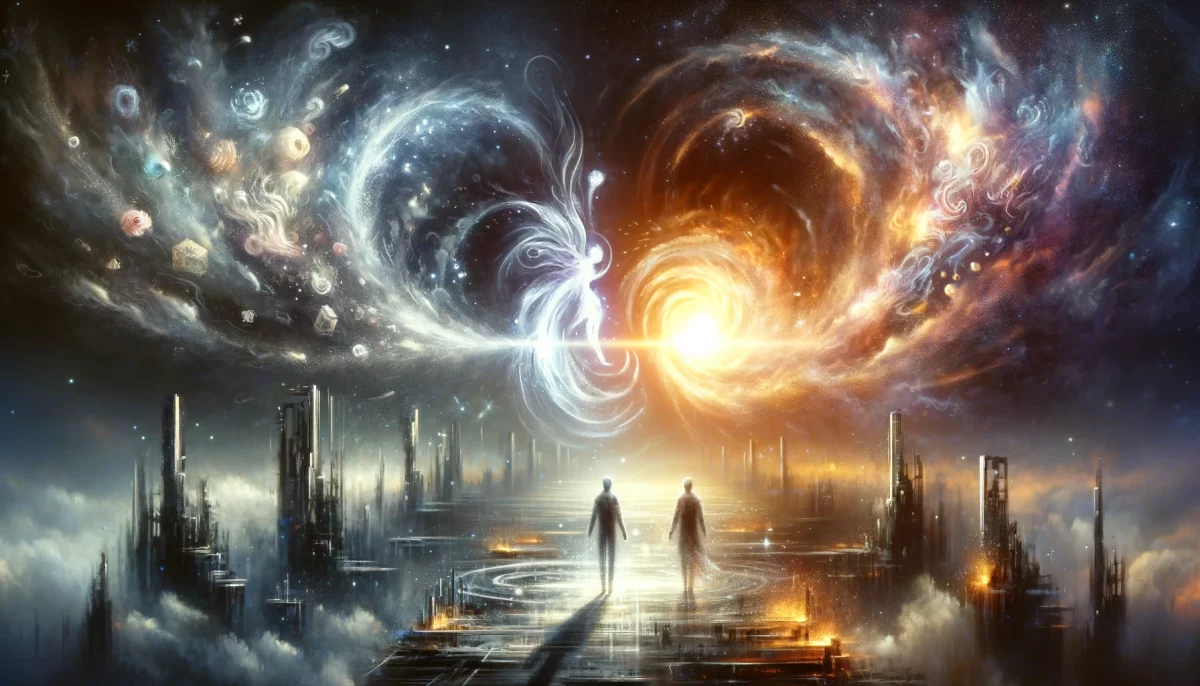
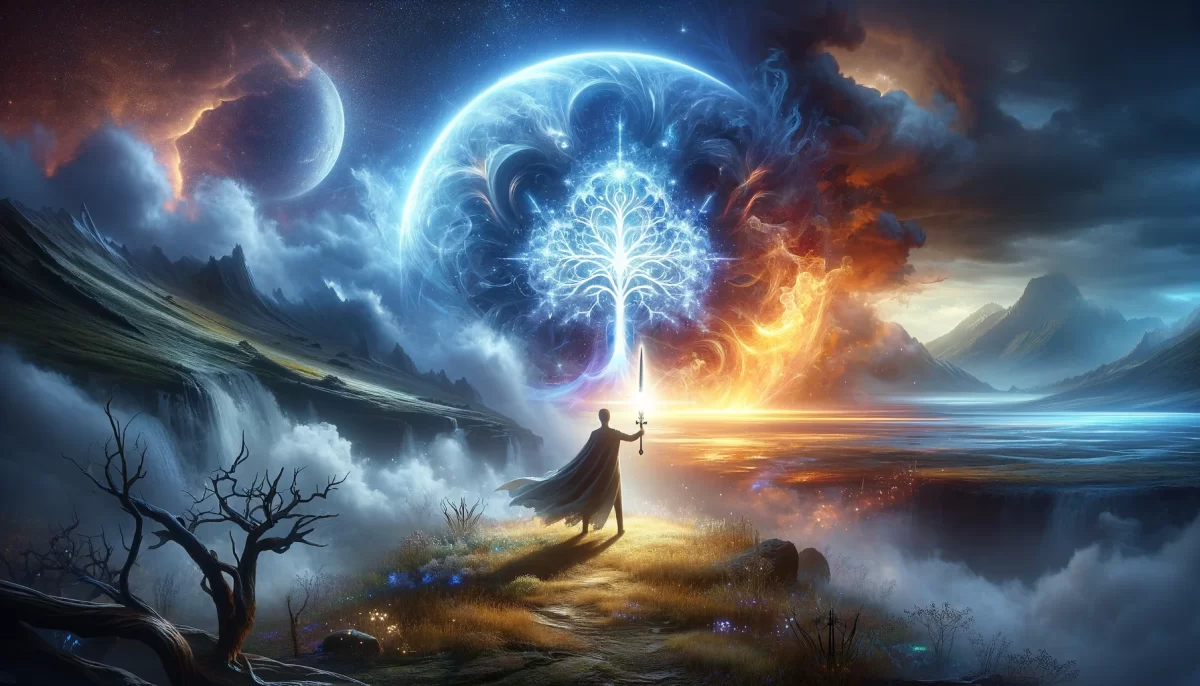
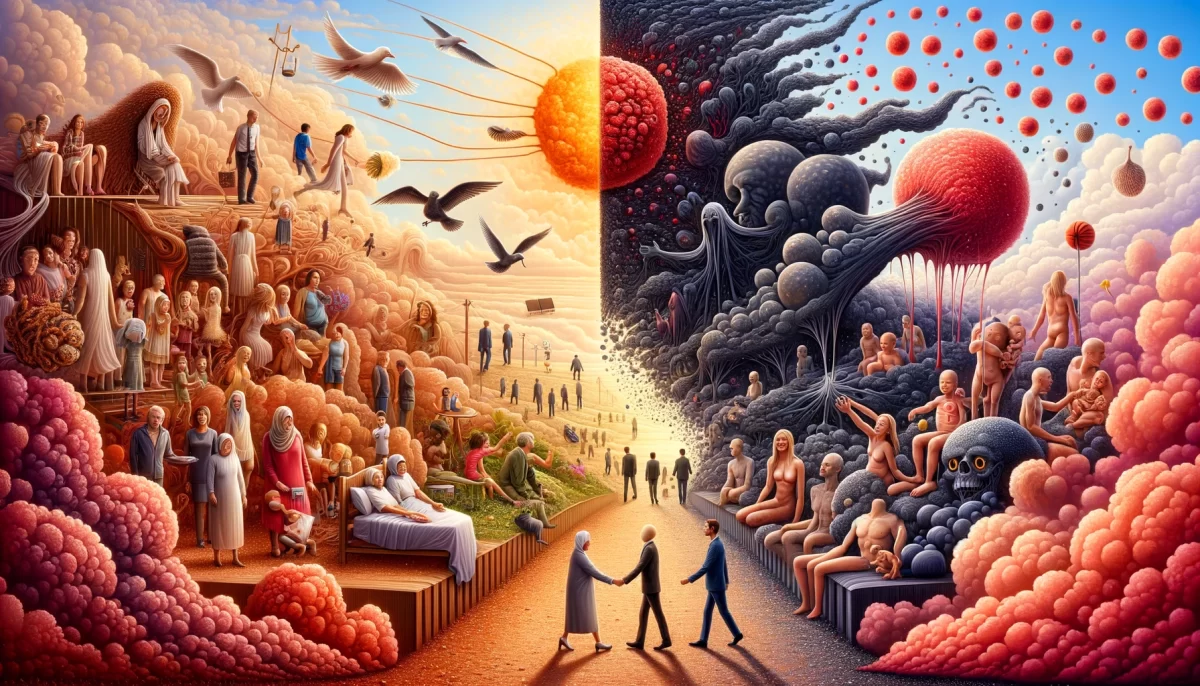
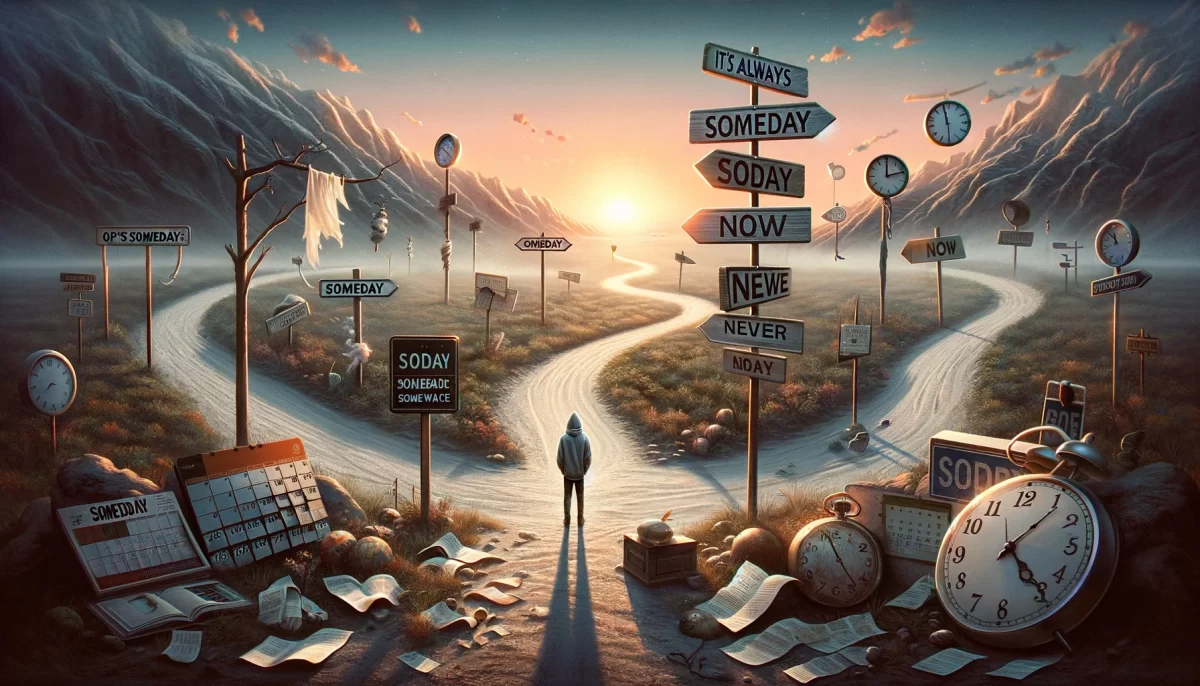
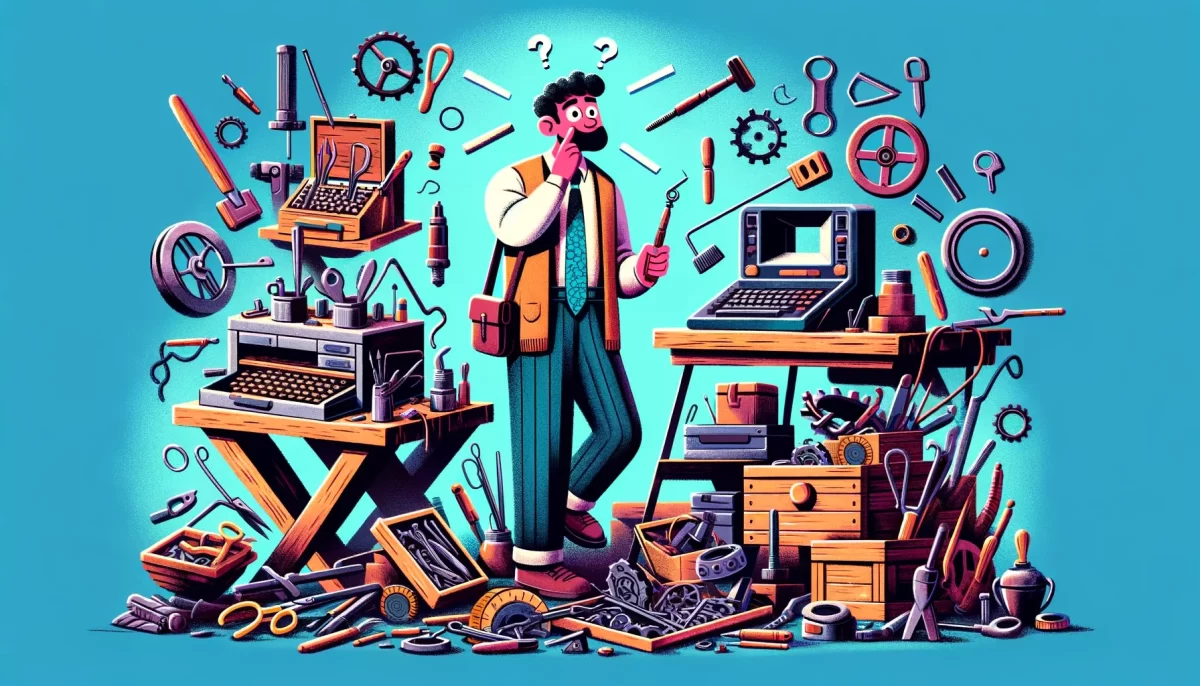
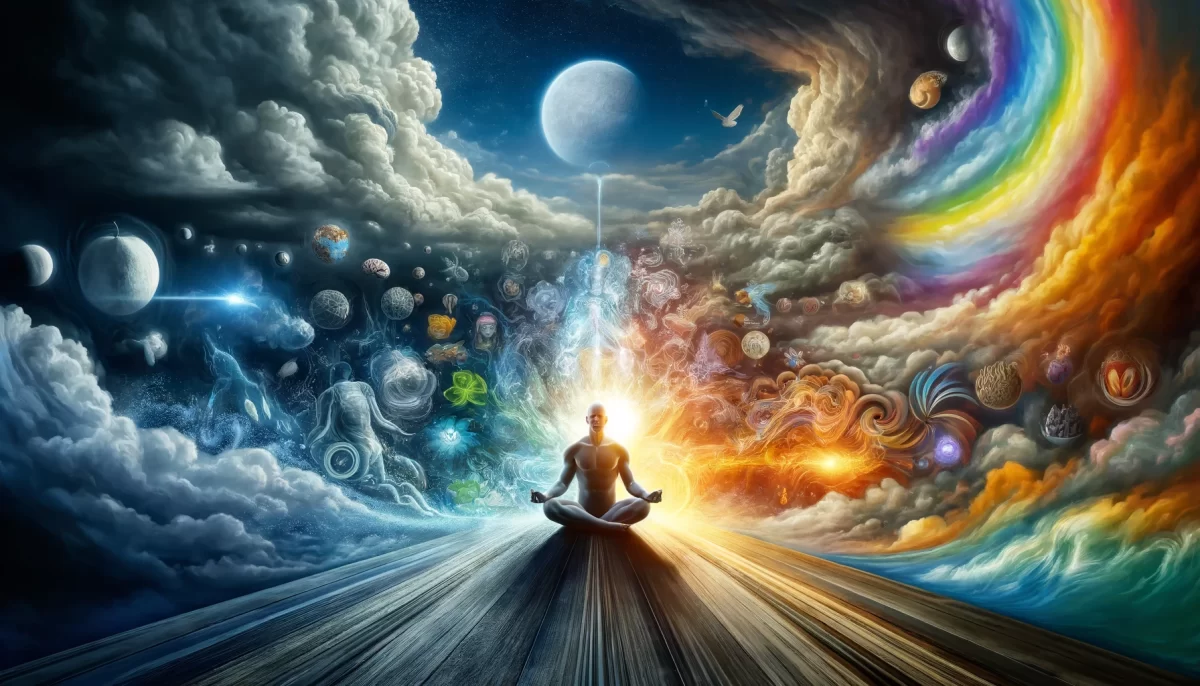

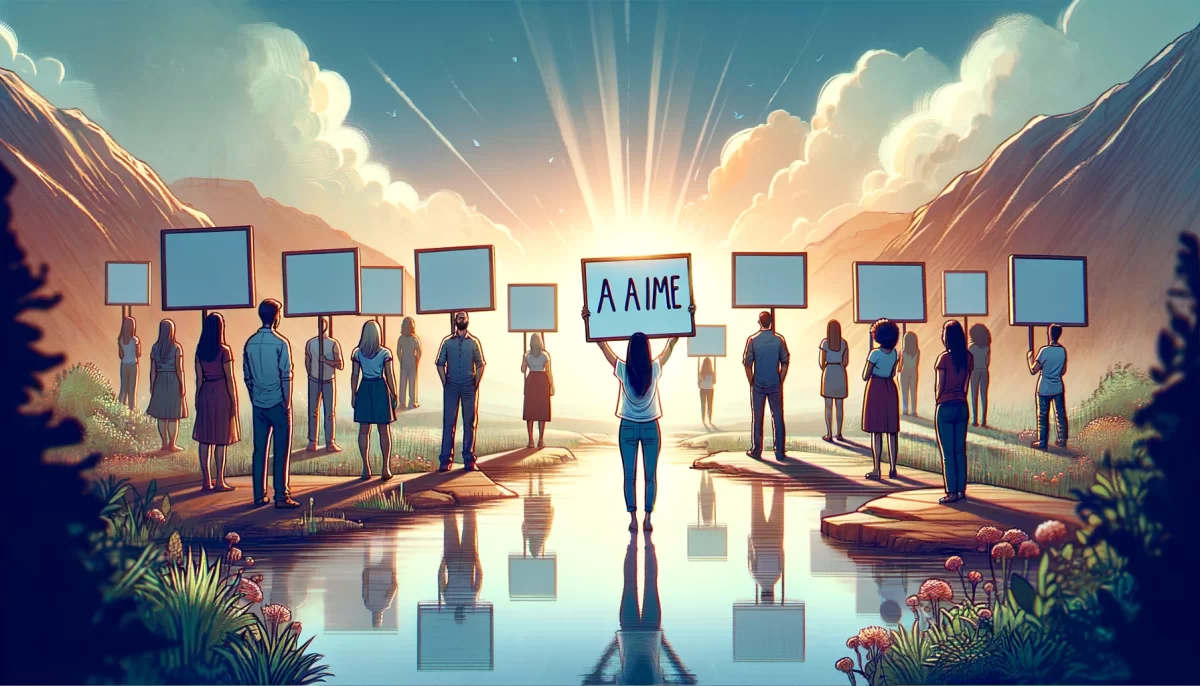
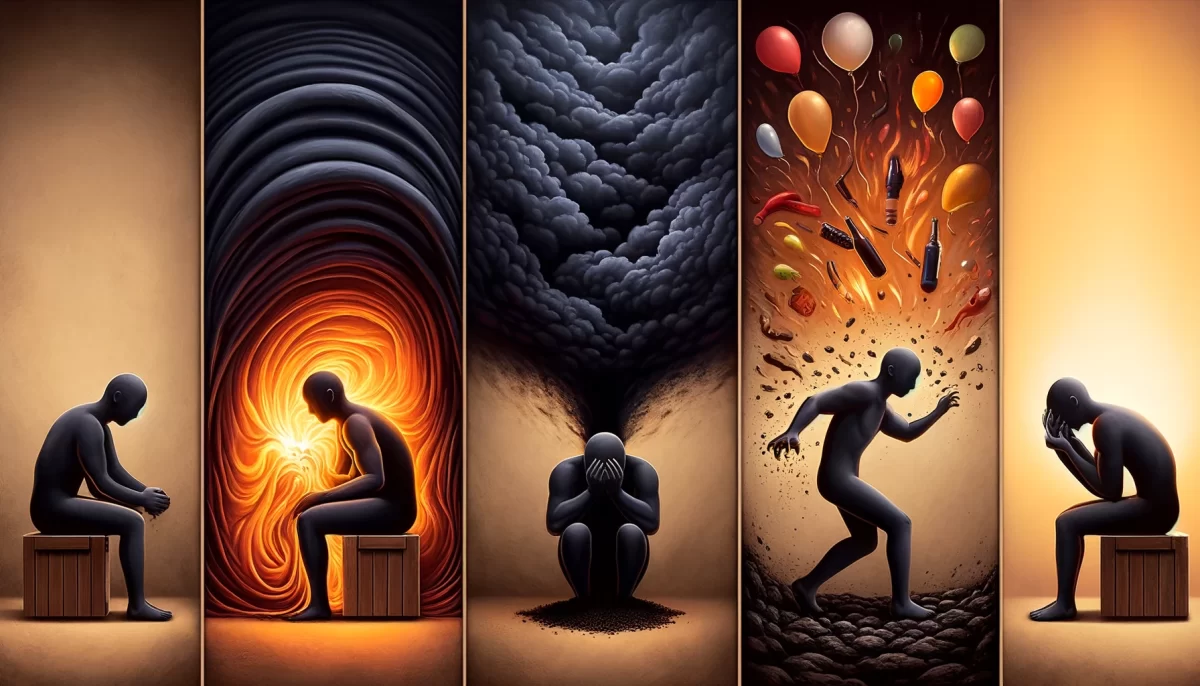
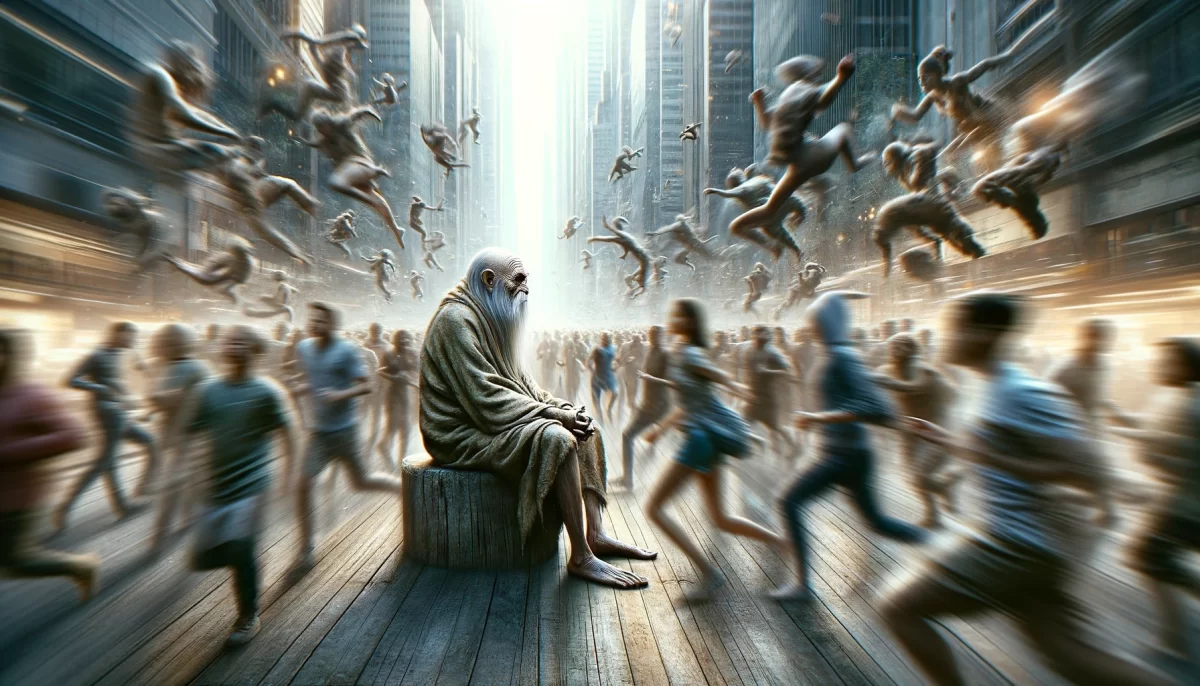
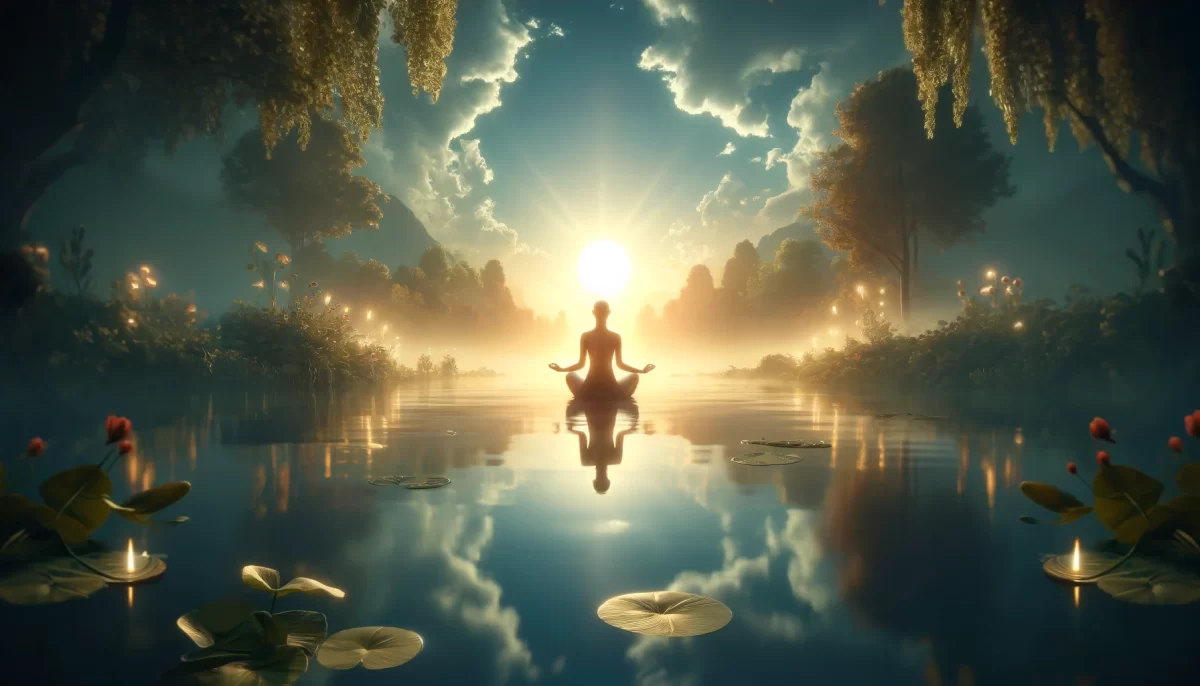
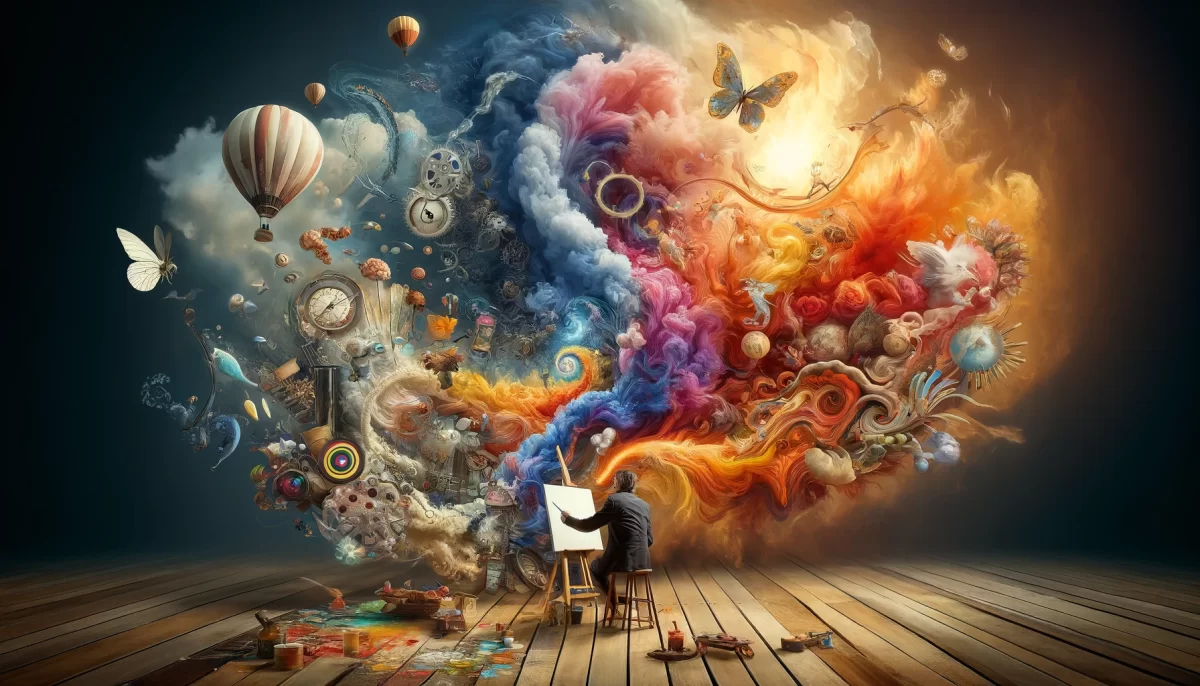

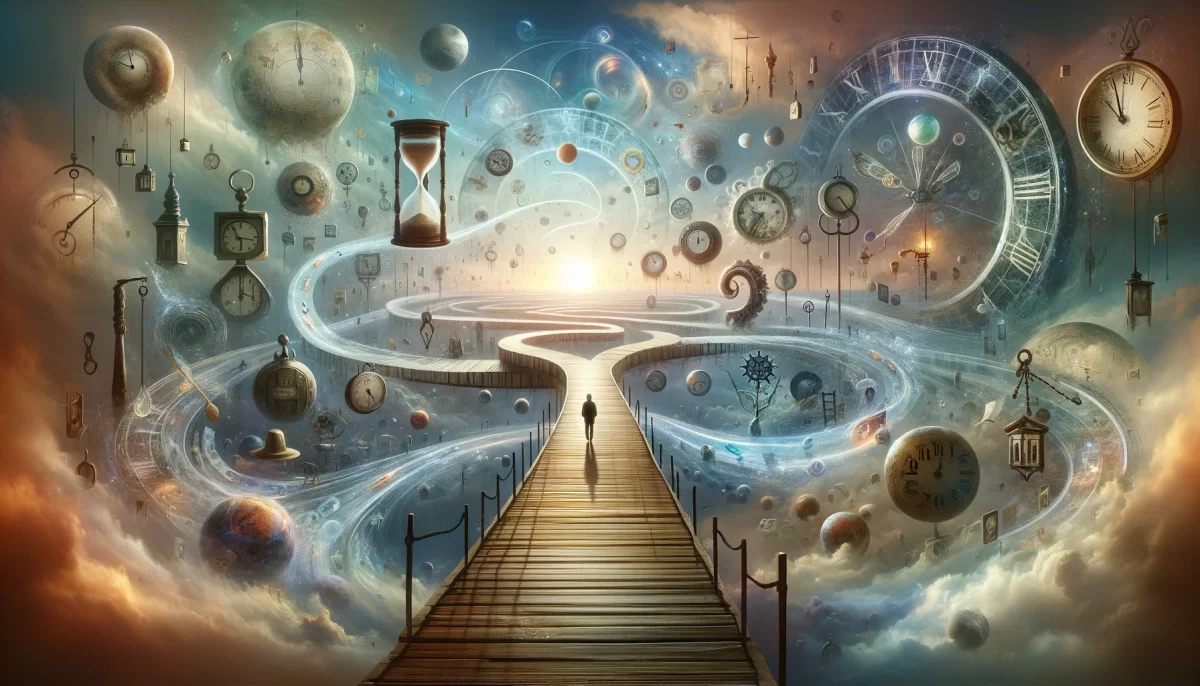
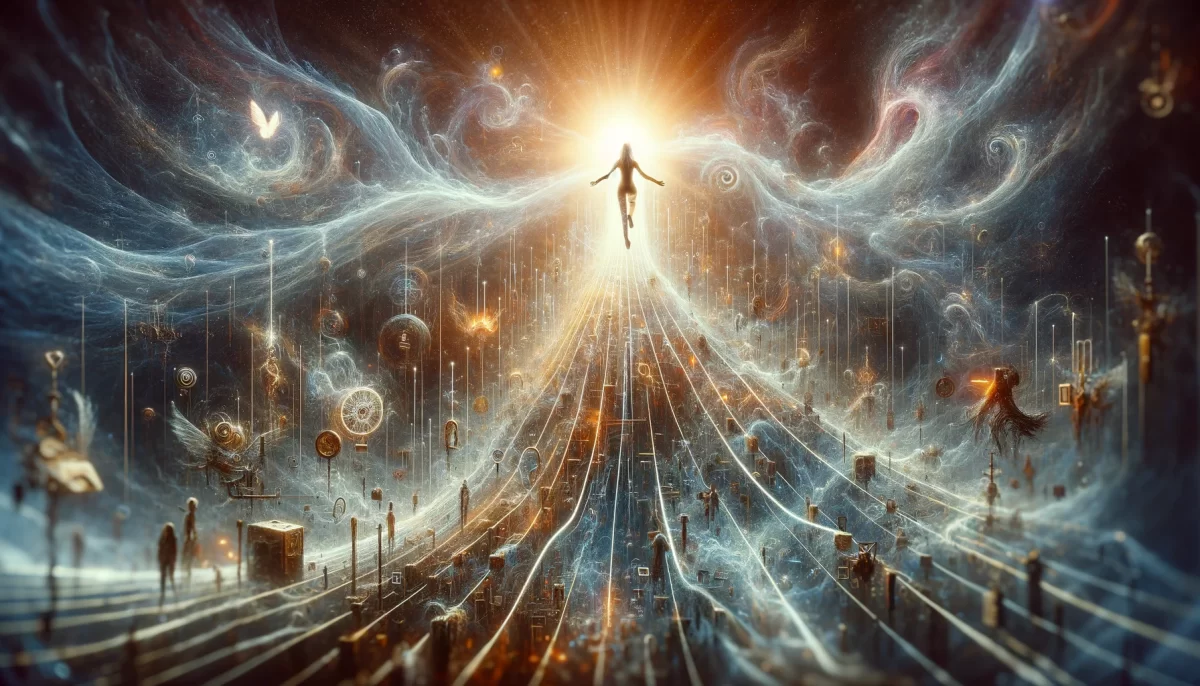
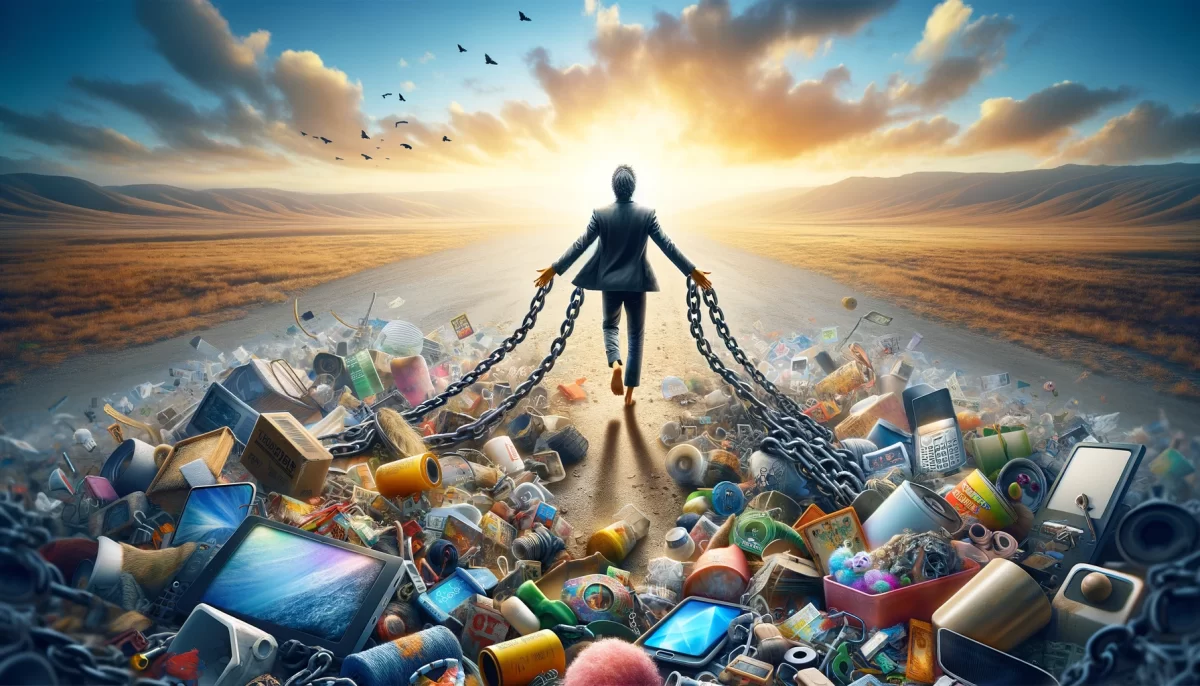
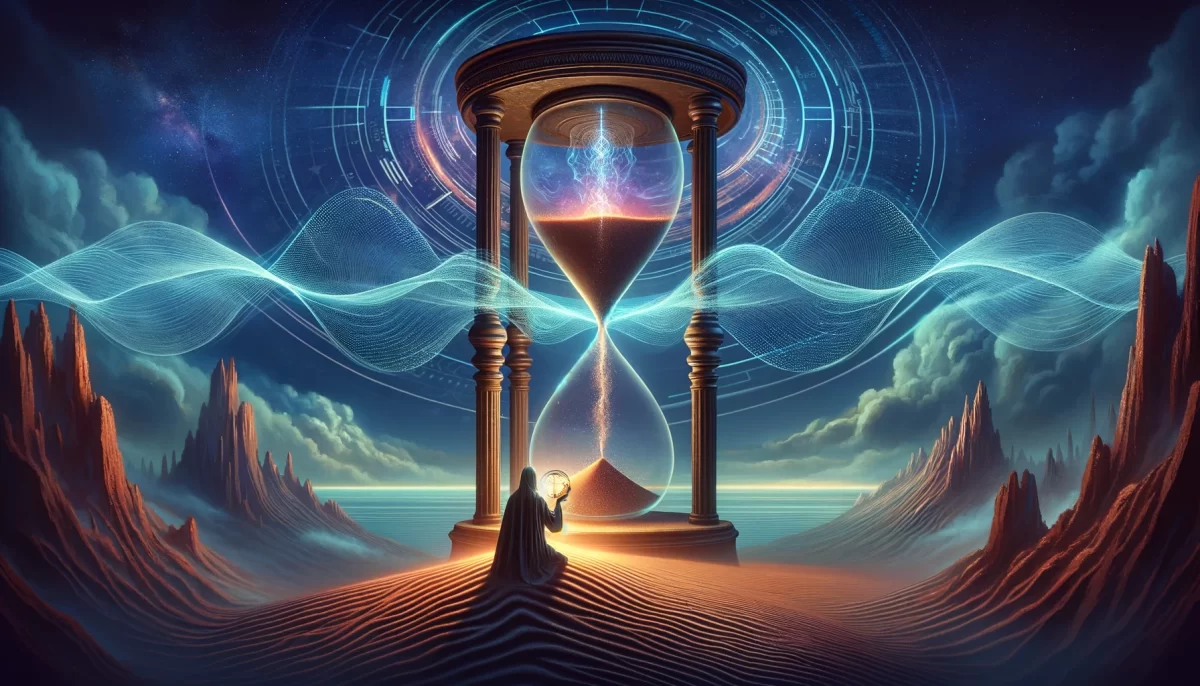
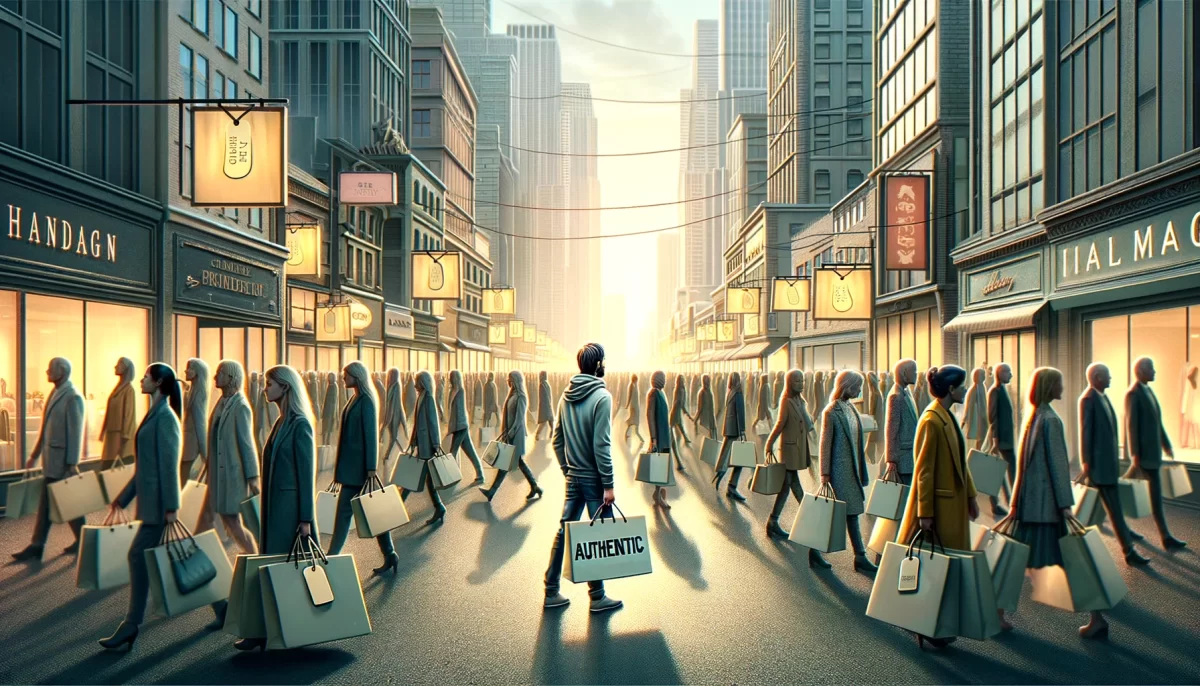
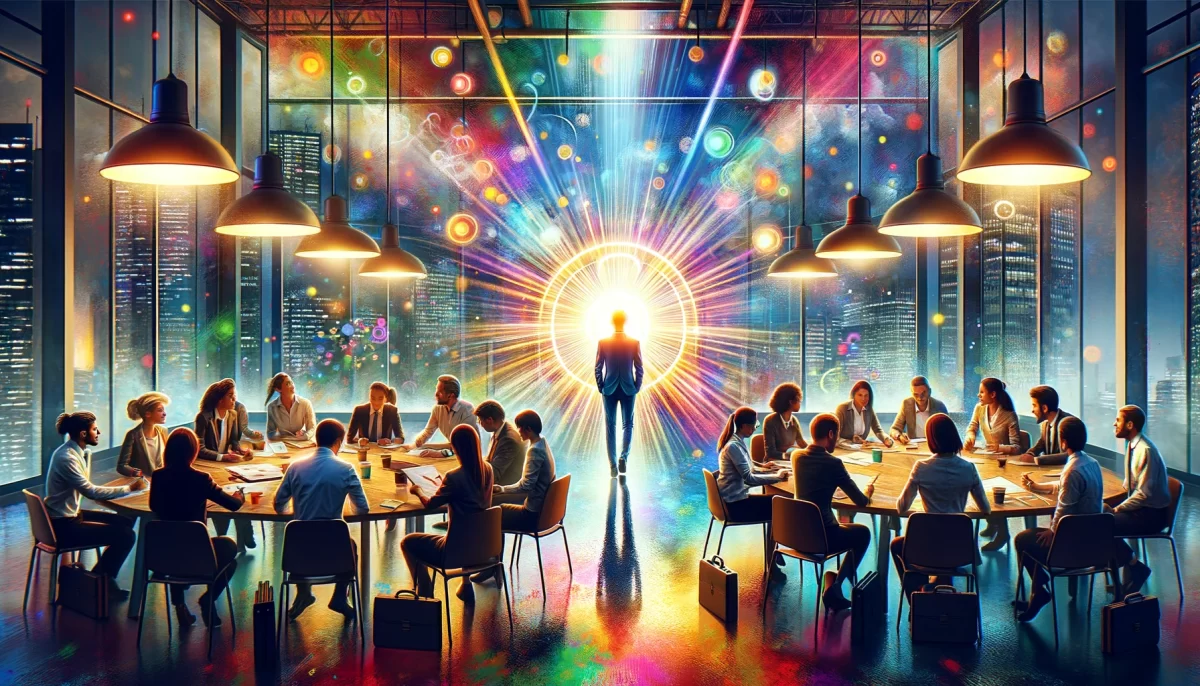

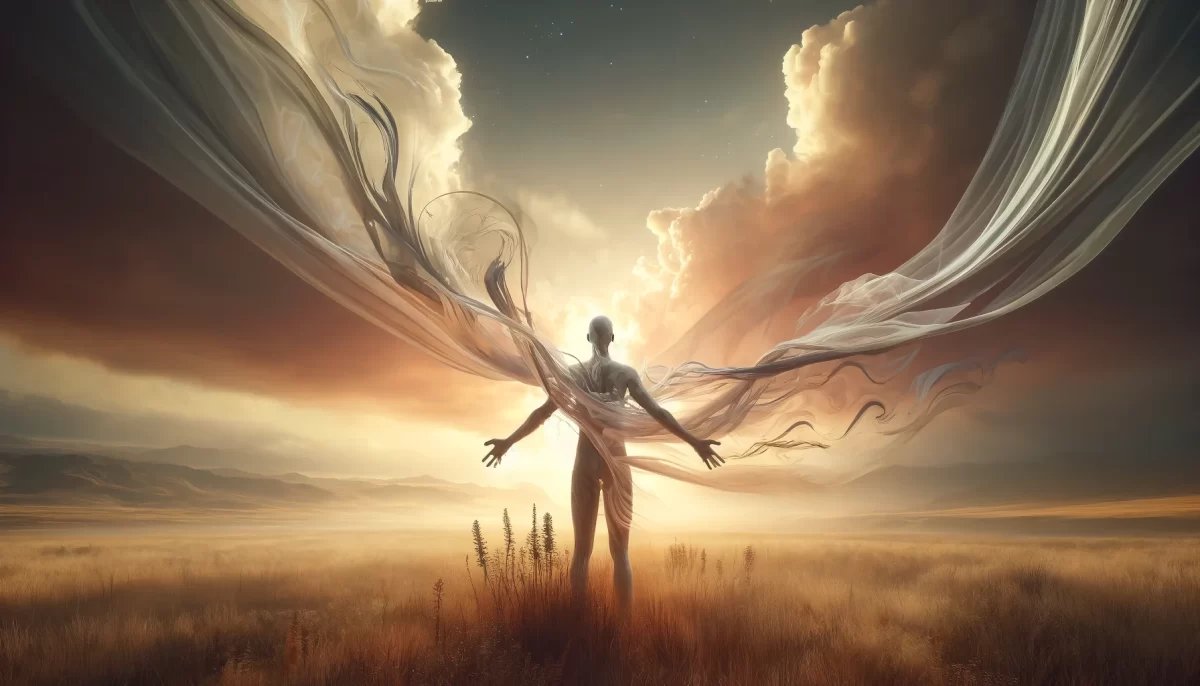
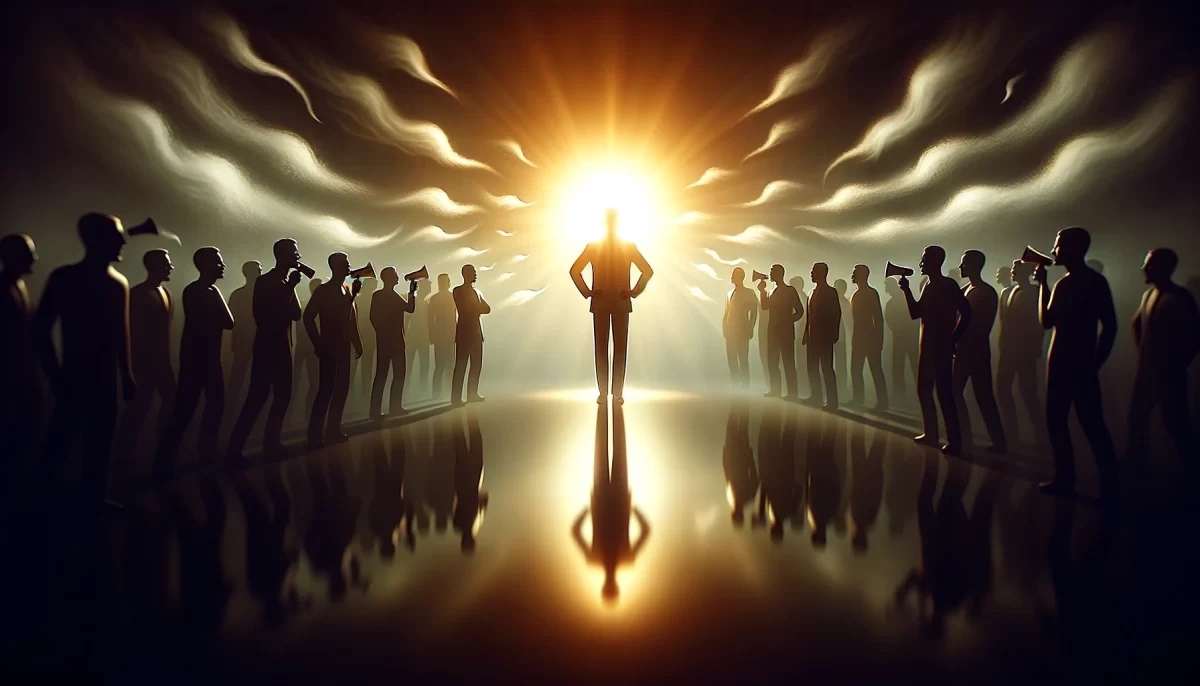
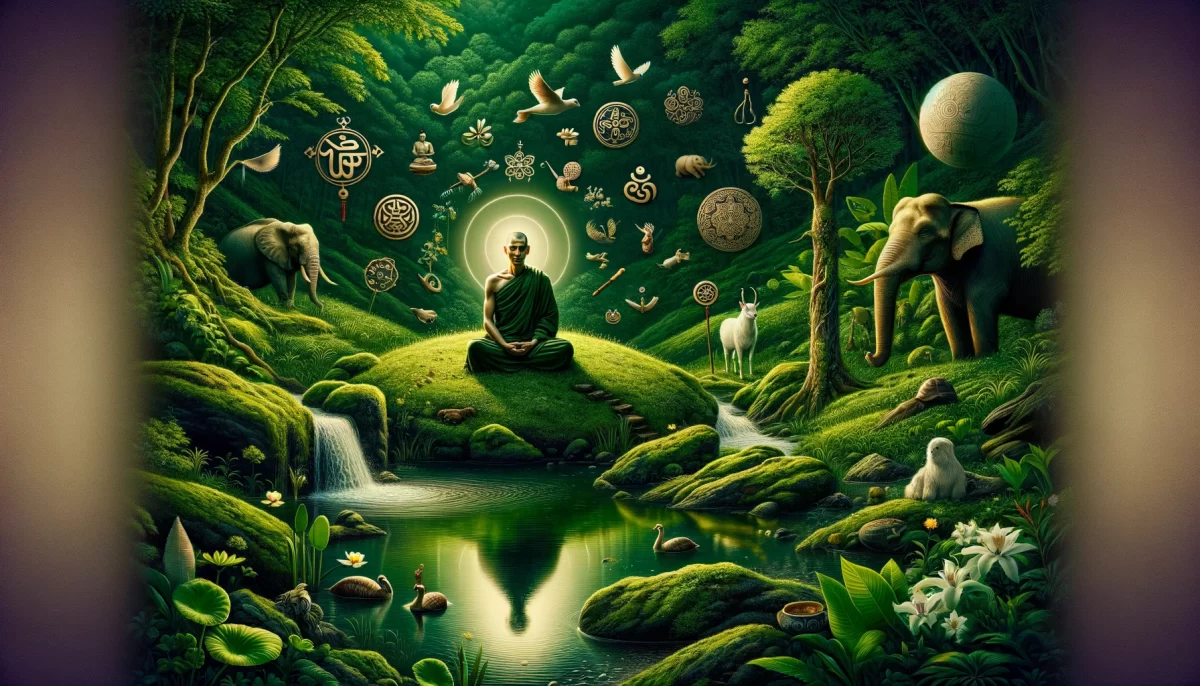
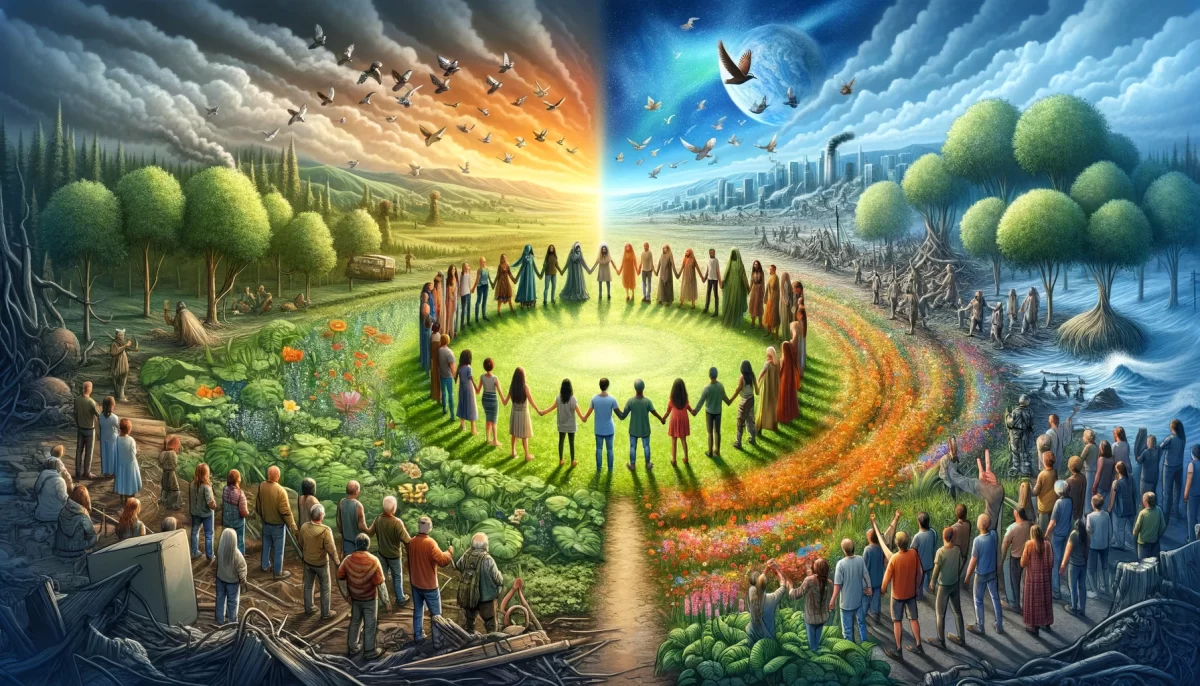
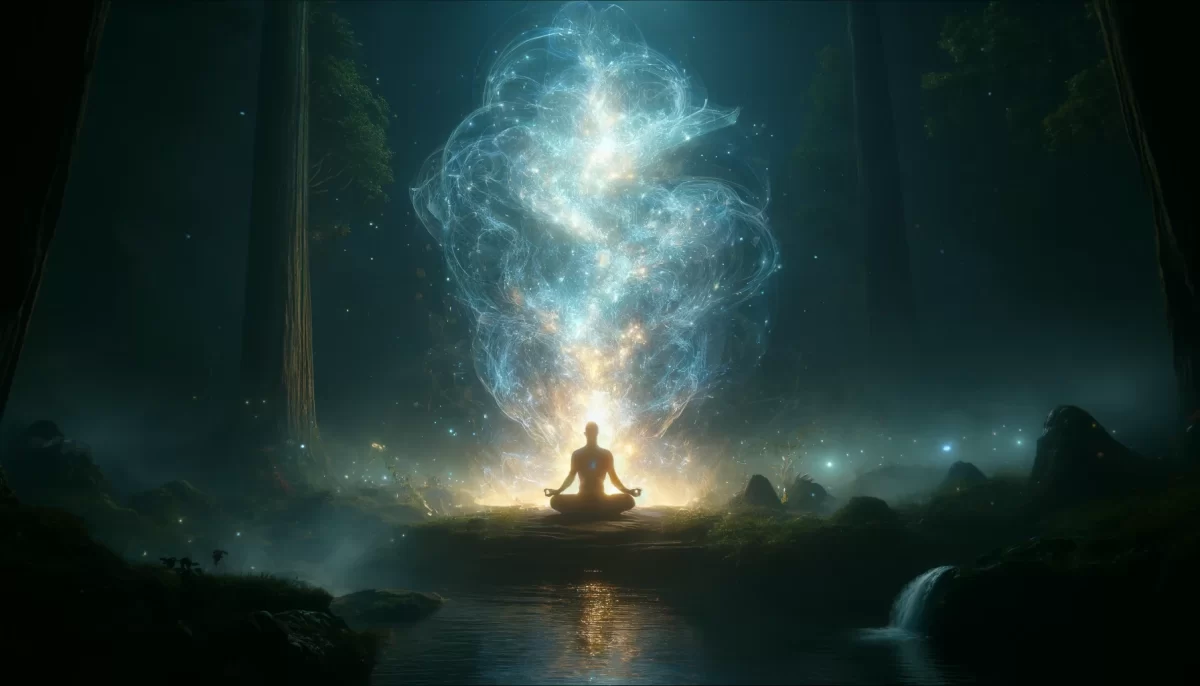
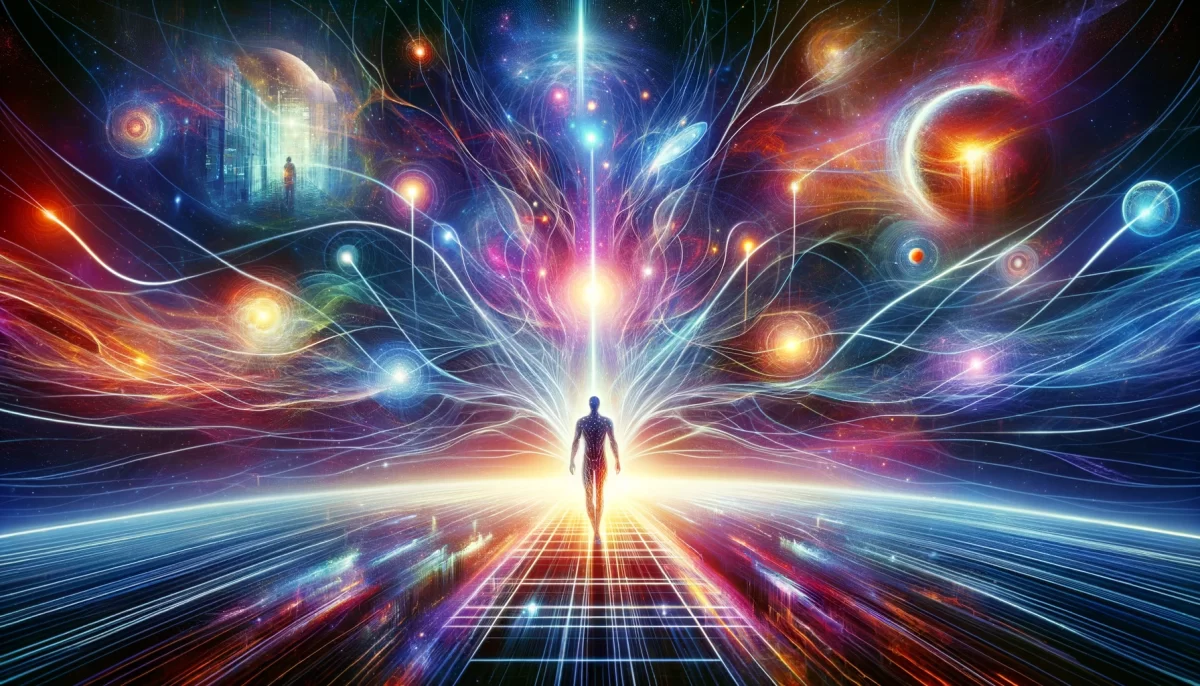
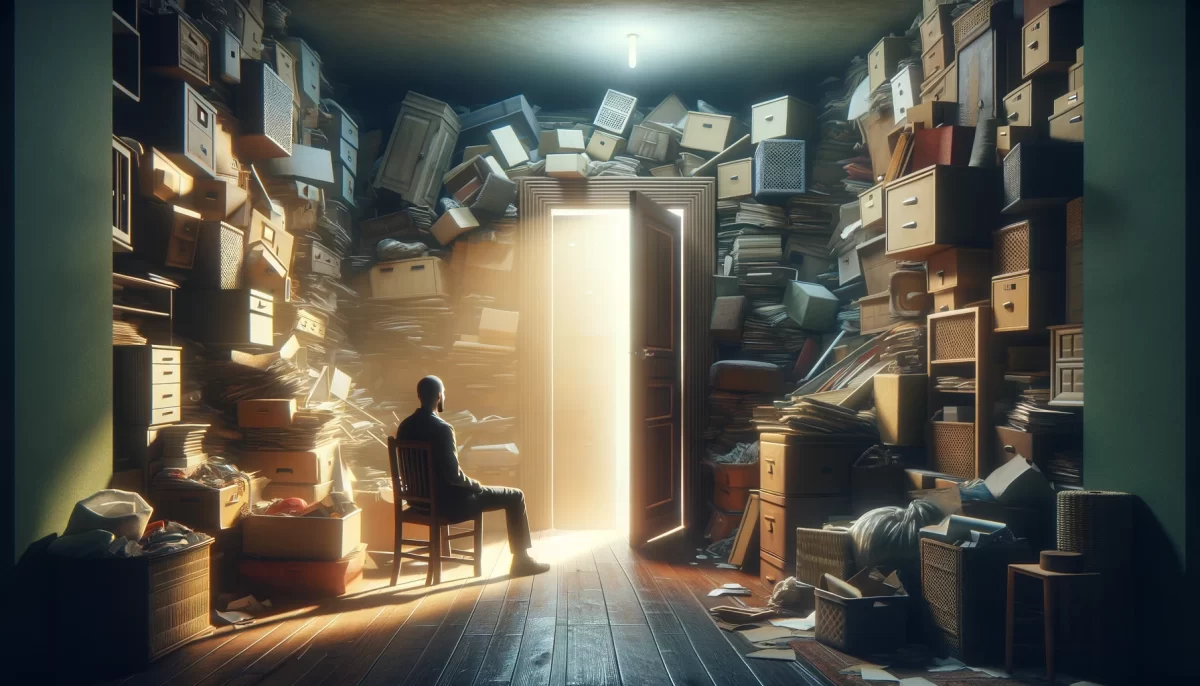
Leave a Reply